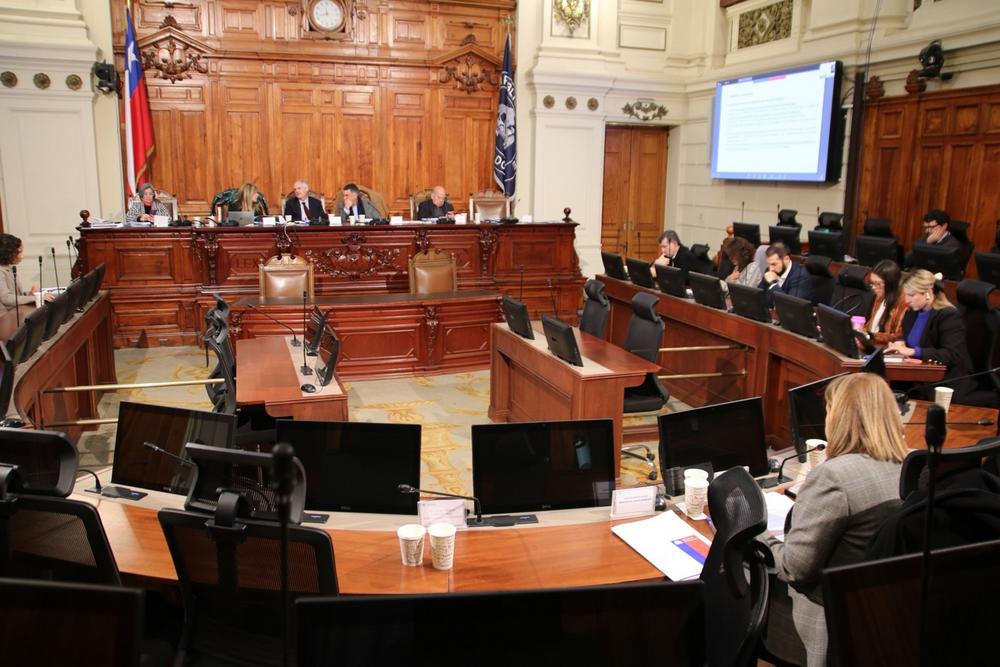Over 420 lottery agencies and sub-agencies in San Juan, Argentina, are facing severe financial pressure—despite the steady rise in online gambling. The paradox highlights a growing divide between digital expansion and the sustainability of traditional retail operations.
According to Ernesto Pérez, president of the San Juan Lottery Agencies Chamber (CALA), the problem isn’t a drop in lottery sales but the shrinking value of those sales. Revenues are increasing modestly—around 2–3% per month—but that’s nowhere near enough to keep up with Argentina’s runaway inflation, which has surpassed 200% year-over-year.

Operators report that customers are placing smaller bets, visiting agencies less frequently, and increasingly turning to online platforms. This shift has left many agencies struggling to cover fixed costs such as rent, salaries, and utilities. While mass closures haven’t occurred yet, some owners are being forced to relocate or diversify into services like mobile top-ups and convenience kiosks just to stay afloat.
The demographic split is also fueling the crisis. Younger bettors prefer the ease and privacy of mobile apps, while older generations—who traditionally frequent physical agencies—are cutting back due to economic uncertainty. For many agency owners, the future of their business now hinges on regulatory inclusion in Argentina’s emerging online gaming market.
Pérez and other stakeholders are pushing the San Juan government to allow agencies to act as authorized intermediaries for online bets. With new digital gaming legislation reportedly 90% complete, the clock is ticking. If passed without incorporating agencies, the existing retail lottery network could see a rapid and irreversible decline.
The situation in San Juan serves as a cautionary tale: growth in online gaming doesn’t guarantee survival for everyone in the ecosystem—unless policy evolves to bridge the gap.










































